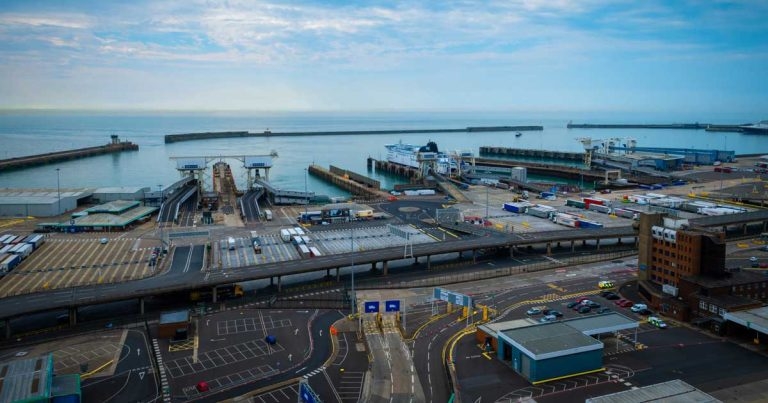26 May 2022
BVA reveals a blueprint for international trade with the EU in live animals and animal products.

Image: © James / Adobe Stock
The BVA has today (Thursday 26 May) set out a blueprint for ensuring international trade in live animals and animal products between the UK and the EU runs as smoothly as possible.
In a position statement for a post-Brexit world, the association has set out a series of recommendations to decision-makers in the UK and the bloc to simplify processes and make assurance systems function better.
Key areas addressed include making better use of veterinary workforce capacity, exploring support roles for allied professionals working alongside vets, and fast-tracking digitisation of certification processes.
The position is the culmination of a lengthy period of engagement with the profession, farmers, governments and the food industry after publication of the BVA’s initial 2017 Brexit and the Veterinary Profession report.
Vets have a key role in the certification of animals, and helping the UK maintain its animal health and welfare standards, but demand for export health certificates has soared at a time when the workforce is feeling the strain.
The BVA is calling on the Government to collaborate with stakeholders on a strategy that ensures the UK has veterinary capacity for all essential work, and is also recommending allied professions working as certification support officers to aid teams.
Suggestions to simplify the veterinary certification process have also been made, as well as a call for vets and businesses to have clear guidance to support a move to digital processes.
It also highlights the need for strong collaboration between the UK and EU on animal trade matters, and for Great Britain to set its own imports regime that meets its biosecurity needs, warning that cancelling the introduction of import checks would be bad for disease prevention.
BVA president Justine Shotton said: “In launching our position today, we’re bringing together the collective wisdom of many people working within and alongside the veterinary profession to keep trade running smoothly, and to high health, welfare and safety standards.
“We want to see the UK and EU working together closely to grasp the opportunities ahead, as well as acknowledging and ironing out some of the considerable issues we face in terms of capacity, and making the most of existing resource.
“The UK Government is making some welcome steps in the right direction to maximise resource and make systems more efficient, including introducing a certification support officer role and putting digitisation high on the agenda. Going forward into what is new and uncharted territory, it’s vital they continue to engage closely with vets, who are so central to the process and our future success on the global stage.”
The full position is available online.